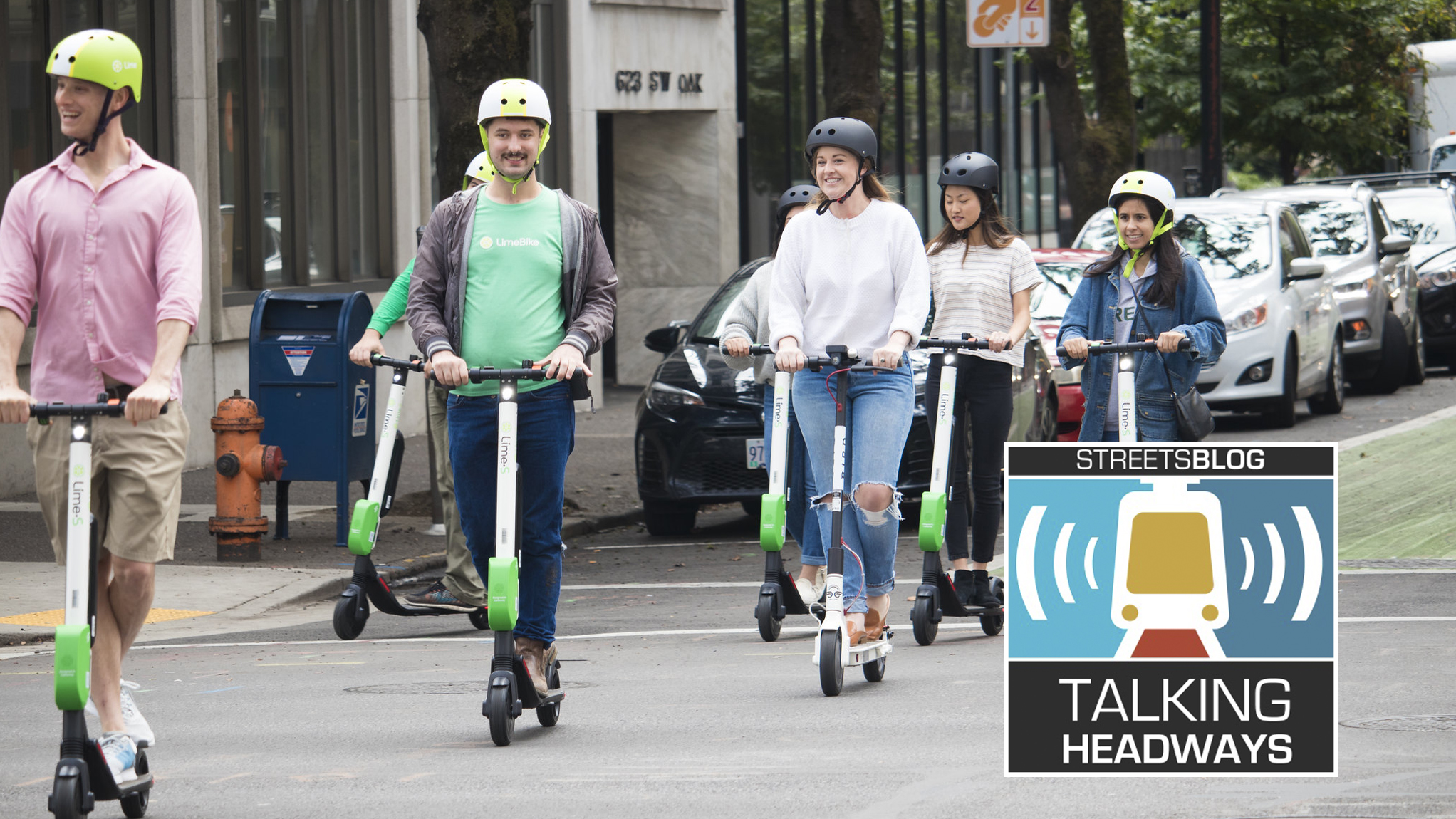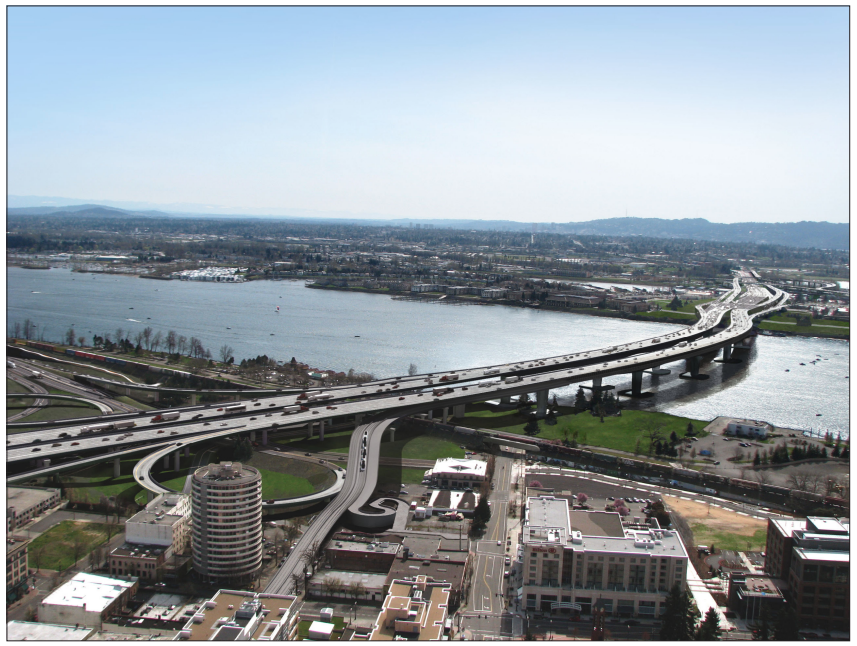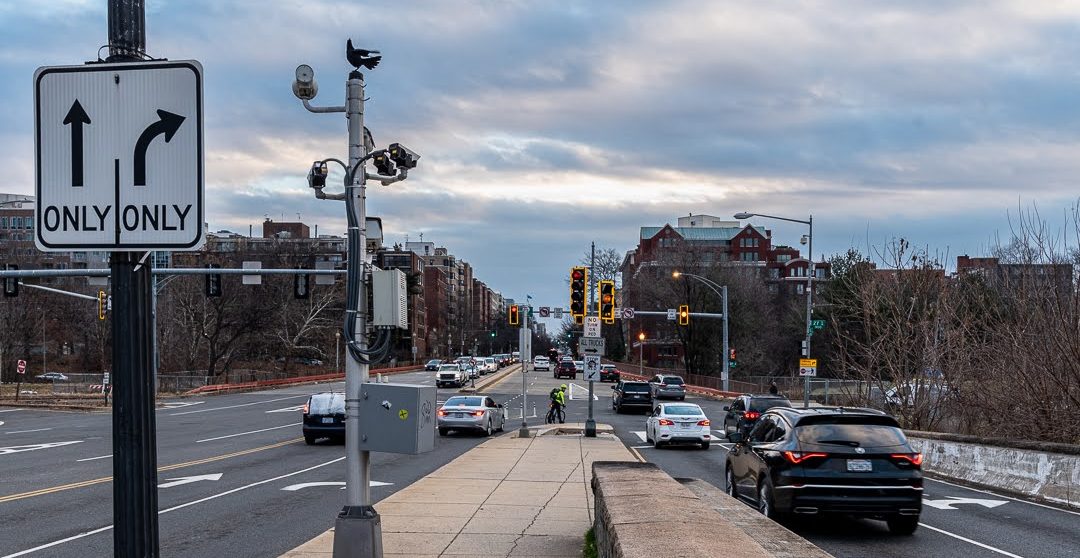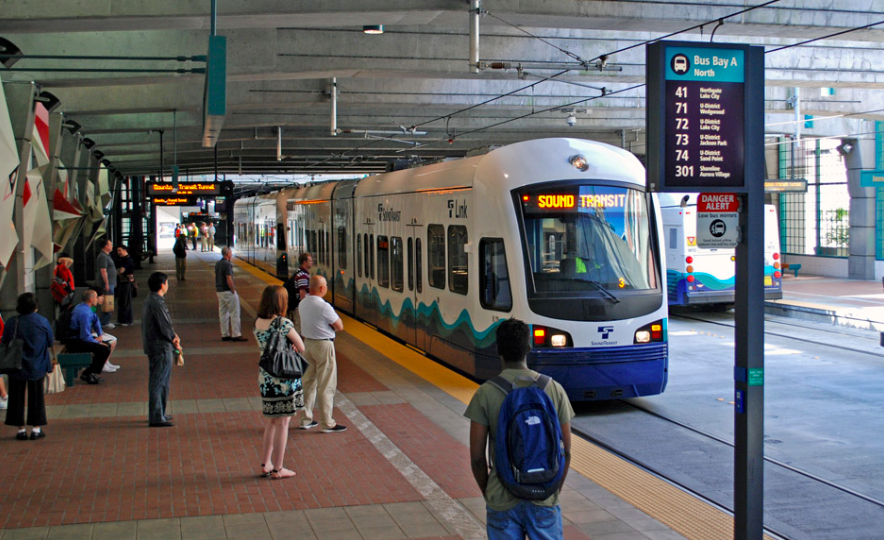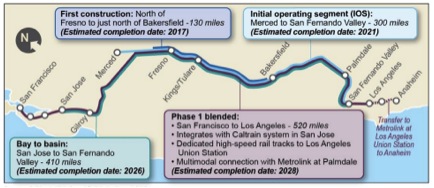
California Republicans from Fresno and Bakersfield put their foot down in a House hearing yesterday, rejecting the high-speed rail project whose initial segment would run between those two cities.
Rep. Jeff Denham, whose district includes Fresno, is the author of an amendment, passed in June, to ensure that no more federal money gets spent on the project. And Bakersfield Rep. Kevin McCarthy, the Majority Whip in the House, suggested it may be time to “cut our losses” and stop spending money on the project.
Transportation Secretary Ray LaHood, testifying before Congress on his 67th birthday, rushed to the defense of the proposed rail line. “Investing in rail is a priority for President Obama and this administration,” he said, “and most importantly, it's a priority for the American people.”
The cost estimate has fluctuated between $33 billion and $98 billion, and is now set in the middle, at $68 billion.
The high-speed rail authority is seeking $38 billion in additional federal funds to fill in some of the gaping difference between the full cost and the $11.5 billion in state and federal funds already pledged.
As McCarthy pointed out, now is a difficult time to make the case for more federal spending on rail, when fiscal cliff negotiations will result in spending cuts and tax increases. Congress hasn’t appropriated a dime toward high-speed rail since the GOP gained control of the House in 2010. So far, the federal government has allocated just $3.5 billion to the project.
The state is trying to raise capital from pensions and sovereign wealth funds, but LaHood said Denham’s provision barring federal funding makes it harder to court investors. "As long as there's language in bills that prohibit us from funding, we're going nowhere," LaHood asserted.
Denham said that was pretty much the idea. "The amendments are not meant to help you, we agree on that,” he said. "The amendments are meant to stop this project.”
Yesterday’s hearing was one of many opportunities Republicans have taken to publicly flog administration rail priorities. Their favorite whipping boy is Amtrak, but, as they showed yesterday, California high-speed rail will do just fine.
The Government Accountability Office weighed in yesterday, too, releasing a report questioning the soundness of the California High-Speed Rail Authority’s cost estimate.
The nicest thing the GAO said about the Authority's estimate is that it doesn't contain too many mathematical errors. That, and the cost estimates include major components of construction and operating costs, are adjusted for inflation, and are based on the most recent figures. But the GAO said there are some big problems.
The Authority doesn’t disclose how it plans “to adapt existing high-speed rail technology to the project in California.” In checking the Authority’s math, the GAO “could not verify how certain cost components, such as stations and trains, were calculated.” And the Authority conducted a “sensitivity analysis (assessing changes in key cost inputs)” – but only for the first 30 miles. Other important risk analyses haven’t been conducted.
Once the line is completed all the way from Sacramento to San Diego – still a big if – the Authority projects that annual ridership will range between 88 million and 117 million passengers by 2030. By replacing plane and car travel, California high-speed rail could prevent 3.2 million tons of carbon emissions a year.


